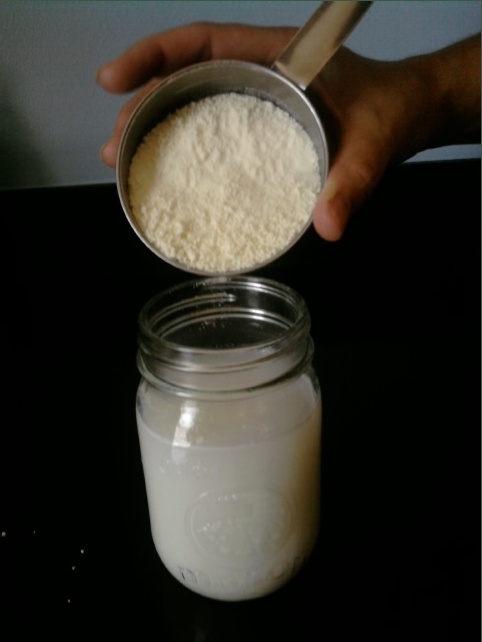

Fat content: Most skim milk has 0-0.5% fat, whereas whole milk has roughly 3.25% fat (roughly 8 grams per cup) and none of the fat is removed before it is pasteurized and homogenized.



It is also a more concentrated source of protein, natural sugar, vitamins, and minerals. This gives the milk a thicker consistency. Concentrated skim milk: It is nonfat milk from which a certain amount of water has been removed.Non-fat dry milk: It is a powdered form of skim milk that lacks water and cream.In fact, whole milk can actually prove beneficial for people with normal cholesterol levels. While many people suggest having skim milk for managing diabetes, a 2018 comparative study suggests that there is no difference in the fasting blood lipids, glucose, or insulin levels when whole milk is consumed. In terms of weight loss, the European Journal of Nutrition says that high-fat milk is not correlated with obesity, which means that shifting to skim milk is not necessarily leading to weight loss. Skim milk has been glorified for a long time but researchers have found that some of the benefits are too good to be true. There is a good amount of potassium in skim milk, which can help to control blood pressure by relieving strain and tension in blood vessels and arteries. The rich density of minerals is ideal for boosting bone strength and reducing your risk of developing osteoporosis at a young age, helping you feel strong as you age. Also, with its low cholesterol levels, skim milk can lower your risk of atherosclerosis, and thus protect against other cardiovascular problems, such as heart attacks and strokes. Īs compared to whole milk, skim milk contains a very low amount of saturated fat. Low-fat milk contains a good amount of protein, which helps in the proper growth and development of bones, muscles, cells, and tissues. This critical electrolyte level must be maintained for normal activity. Ĭalcium, which is found in high levels in this milk, is integral to muscle and overall nervous system function. This is very important for people with obesity. Skim milk is a rich source of protein, which is responsible for building and maintaining lean muscle mass. The most important benefits of skim milk include its ability to build and maintain lean muscle, lower risk of osteoporosis, strengthen teeth, boost weight loss, improve cholesterol levels, among others. Skim Milk CaloriesĪccording to the USDA, 100 g of skim milk contains about 37 calories. It is low in calories and has a very low level of cholesterol and fat. A cup of skimmed milk has 8 grams of high-quality, complete protein, which contains all essential 9 amino acids required for growth and development. In vitamins, it is rich in vitamins A, B2, B3, B6, B12, and D, as well as thiamine and folate. There are many critical nutrients in skim milk, including a significant amount of protein, calcium, magnesium, phosphorus, sodium, zinc, and potassium.


 0 kommentar(er)
0 kommentar(er)
